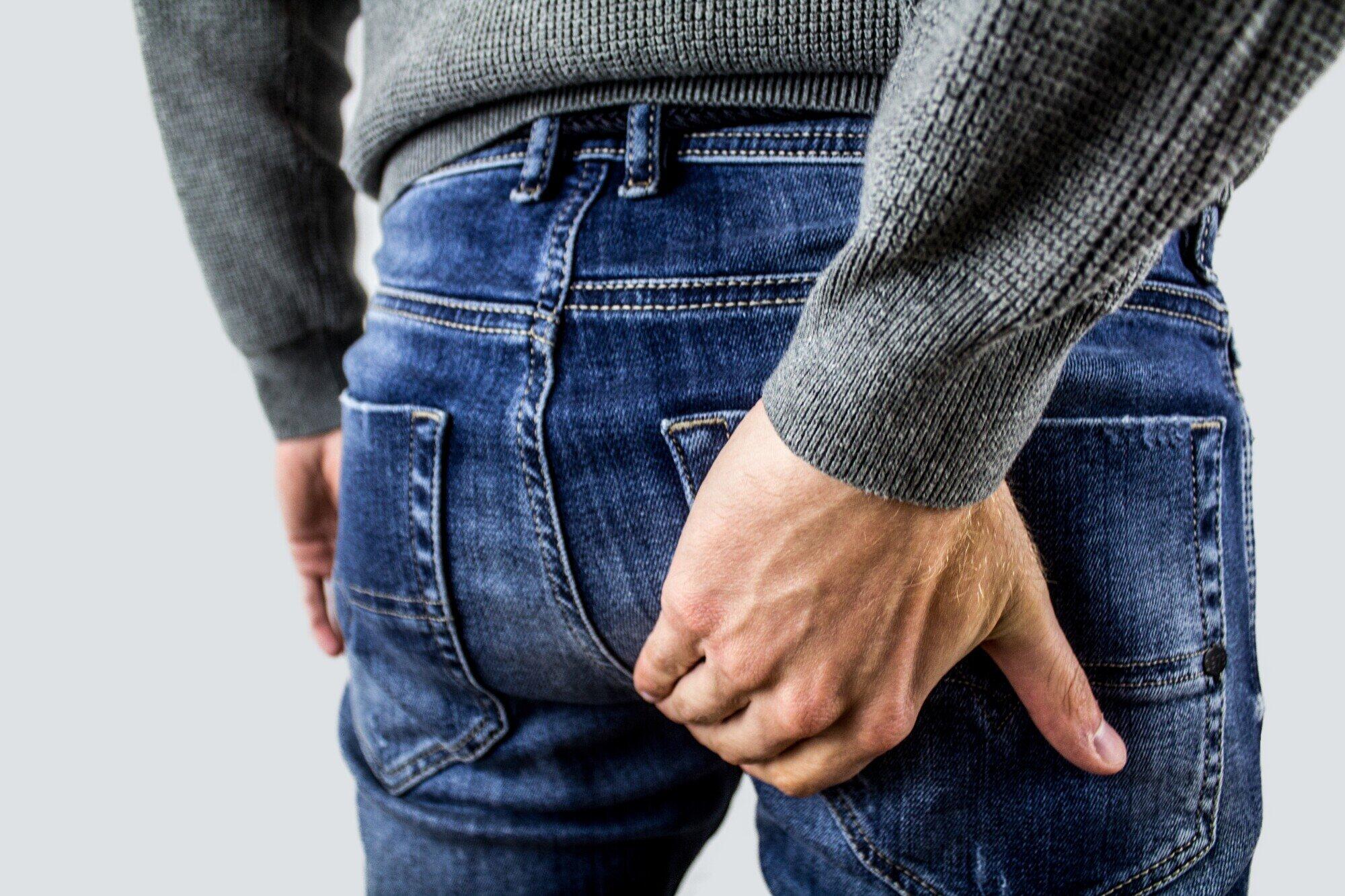
How Long Does It Take for Hemorrhoids to Go Away?

Around one in every 20 Americans suffers from hemorrhoids, a condition that becomes more common with age, particularly in adults over 50, according to the NIH. Hemorrhoids can cause discomfort, itching, and pain, leaving many people wondering how long does it take for hemorrhoids to go away. Recovery times vary based on the severity and treatment approach, but there are ways to ease symptoms and promote healing.
At Kiwi, an international online pharmacy, we offer a variety of effective hemorrhoid treatments, including Anusol HC, Protosedyl Ointment, and Uniroid HC Ointment.
In this blog post, we will explore the factors affecting recovery, treatment options, and tips to prevent hemorrhoids from recurring, helping you find relief and peace of mind. Let’s get started with this guide to hemorrhoid treatment.
What Exactly Are Hemorrhoids?
Hemorrhoids are swollen veins in the rectum or anus that can cause:
- Discomfort
- Itching
- Pain
- Bleeding
They are a common condition, affecting millions of people, particularly adults over the age of 50. Hemorrhoids occur when excessive pressure is placed on the veins in the lower rectum, often due to:
- Chronic constipation
- Straining during bowel movements
- Pregnancy
- Prolonged sitting
There are two main types of hemorrhoids: internal and external. Internal hemorrhoids are located inside the rectum and may not cause noticeable symptoms unless they become irritated or prolapsed, protruding outside the anus.
External hemorrhoids are found under the skin around the anus and are often more painful due to the sensitive nerves in this area. In some cases, external hemorrhoids can form blood clots, known as thrombosed hemorrhoids, which can lead to severe discomfort.
While hemorrhoids are not typically dangerous, they can significantly impact the quality of life of the individual. Proper care and treatment can alleviate symptoms and help prevent future occurrences.
What Affects the Healing Time of Hemorrhoids?
The first thing to say is that the healing time for hemorrhoids depends on several factors. The severity of the hemorrhoids plays a big role. Milder cases may heal within just a few days, while more severe cases, such as thrombosed hemorrhoids, can take several weeks.
The type of hemorrhoid also matters-internal hemorrhoids may take longer to heal than external ones because they are located deeper in the rectum and are harder to treat directly.
Lifestyle habits are another important factor. A diet low in fiber or not drinking enough water can make bowel movements harder, slowing the healing process. Straining during bowel movements or prolonged sitting can worsen symptoms and delay recovery.
Individual health can also influence recovery time. Conditions like obesity, pregnancy, or chronic constipation can increase pressure in the rectal area, making it harder for hemorrhoids to heal. Addressing these factors is key to promoting faster recovery and preventing future flare-ups.
General Recovery Time for Hemorrhoids
The recovery time for hemorrhoids varies depending on the severity and treatment approach. Mild cases of hemorrhoids, which cause minor discomfort or itching, often resolve within a few days to a week with basic self-care, such as warm baths and dietary adjustments.
Moderate cases, which may involve swelling and occasional bleeding, can take up to two weeks to heal, especially if over-the-counter treatments like creams or ointments are used. External hemorrhoids that form blood clots, known as thrombosed hemorrhoids, might take longer to heal, often requiring medical intervention to reduce the swelling and pain.
In severe or chronic cases, where hemorrhoids persist or worsen despite treatment, recovery can take several weeks or more. If hemorrhoids do not improve within this timeframe or symptoms worsen, it is important to consult a doctor for advanced treatments. Remember proper care and consistent treatment can significantly speed up recovery.
Treatment Options to Speed Up Recovery
Treating hemorrhoids involves a combination of natural hemorrhoid remedies and medical treatments to ease discomfort and promote faster healing. For example, warm baths, also known as sitz baths, are a simple way to reduce swelling and irritation.
Making dietary changes, such as adding more fiber from fruits, vegetables, and whole grains, helps soften stools and prevents further strain during bowel movements. Staying hydrated and avoiding long periods of sitting are also essential steps to aid recovery.
In addition to home care, over-the-counter and prescription treatments can offer relief. Topical ointments and creams are commonly used to reduce symptoms like itching, swelling, and pain. These treatments are applied directly to the affected area and can be effective when combined with other self-care practices.
Here at Kiwi, we offer a wide selection of treatments for hemorrhoids. Our range includes:
- Anusol HC
- Anusol Plus HC
- Protosedyl Ointment
- Scheriproct Ointment
- Uniroid HC Ointment
These products provide convenient options to help manage hemorrhoid symptoms and support faster recovery, making it easier to find relief.
Preventing Future Hemorrhoids
Many of the steps to speed up hemorrhoid recovery also play a key role in preventing them from occurring in the future.
Maintaining a fiber-rich diet and staying well-hydrated is essential to ensure soft stools and easy bowel movements, reducing the risk of straining. Regular physical activity, which improves circulation and supports digestive health, is another helpful habit.
As we’ve also noted above, it’s important to avoid sitting for long periods, as this can increase pressure in the rectal area. If your daily routine involves extended sitting, taking short breaks to move around can make a difference.
How Long Does It Take for Hemorrhoids to Go Away?
So, to sum up, how long does it take for hemorrhoids to go away depends on the severity of the condition and the treatments used. Mild cases can heal within a few days to a week, while more severe hemorrhoids may take weeks to fully recover. With the right approach, including home remedies and over-the-counter treatments, you can speed up the healing process and find relief from discomfort.
If you’re dealing with hemorrhoids, Kiwi, an international online pharmacy, offers a range of effective products, such as Anusol HC, Protosedyl Ointment, and Uniroid HC Ointment, to help manage symptoms. Click here to learn more about our range of products and how they can help to speed up hemorrhoid recovery.
Related Posts


Feel Better Fast: How to Stop Feeling Nauseous
January 11, 2026